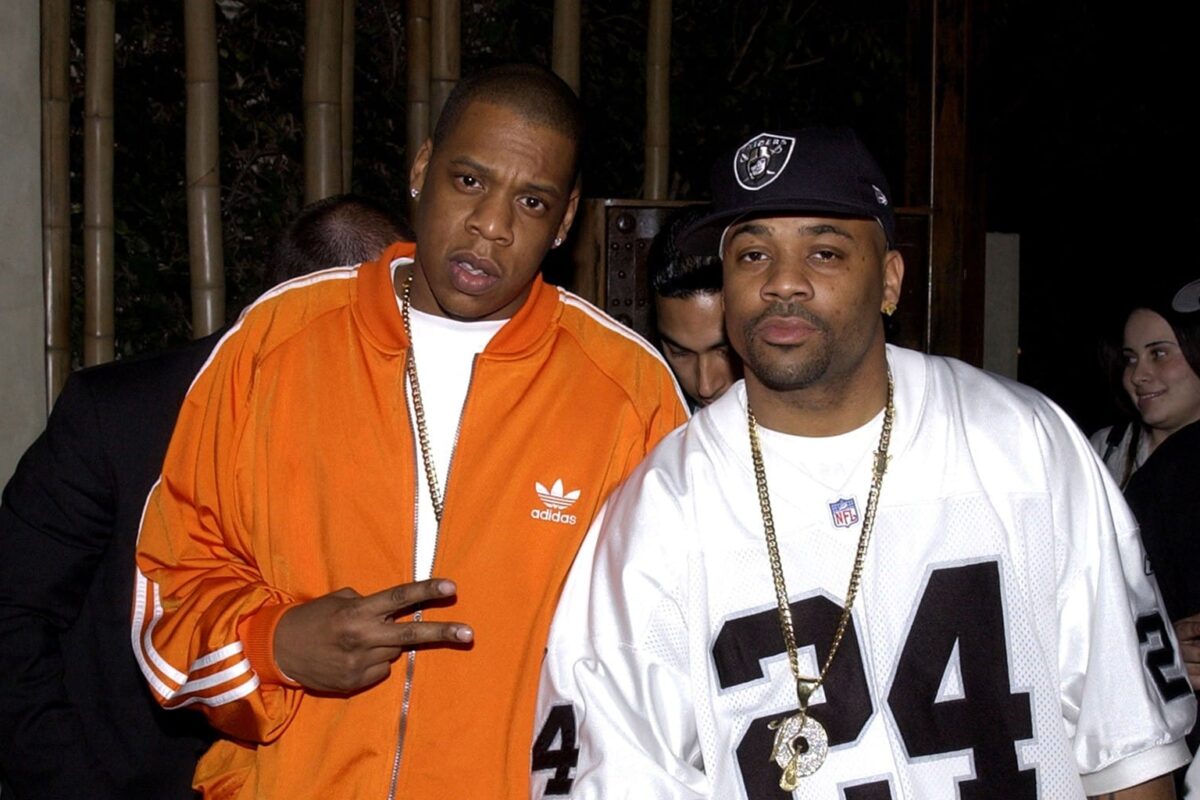As an independent artist, it’s easy to feel as if you ‘just’ need to concentrate on the music. As a musician, you know what you know best: good music.
You no doubt see plenty of big name musicians from your chosen genre talking about how they ‘just pay attention to the music’, or they ‘don’t let anything get in the way of their creativity’. And that is fine. Until you remember one vital thing: an artist who is not independent has all the help in the world with marketing, branding, and gaining recognition. You don’t.
That is why you need to get good with the art of entrepreneurial thinking. If you are serious about making the most of your musical career, then you have to get used to the idea of working hard, and doing it all on your own. You are, in essence, promoting yourself as you would with any other kind of business.
If you were an independent plumber, you’d need to market your brand. An independent painter, the same. You need to appreciate that, as of now, you are the entrepreneur who will push ‘brand you’ to the public.
But I’m not an entrepreneur…
If you think like that, you won’t be, no. The entrepreneur, though, can be anyone. It’s a mind-set, a way of acting, a way of creating. And keeping that in mind is so very important to the long-term success of yourself in the music industry. So, how do we start if we wish to make that the case? What do you do if you want to get over that hump?
First off, remind yourself that you are an entrepreneur. You are already doing entrepreneurial things by creating. If you wish to become more entrepreneurial, then all that you need to do is start asking questions like the following. Whenever you start creating, networking, interacting, or doing anything to do with your music, consider the following:
- How are you going to make this a profitable move – how do you make sure you don’t lose out?
- How are you going to target the people who matters most; how do you avoid wasting time?
- What can you do to make sure that your next interaction provides value to the person you have in mind?
- Where will you turn to when you need help with something that is beyond your skill-set for this?
- How will you make sure you stand out against the competition vying for the same space?
How do you do all of that? You are right. It is tough. Very tough. As a musician, though, everything you do – from a new song/album to an album cover, to working with an interview etc. – will need this kind of thought process. Without that, you make it too hard to stand out and to break away from the mould. If you feel like this, you are already in need of some help in ensuring that youstand out.
The key facets of a successful musical entrepreneur
So, you might be wondering what you need to make all of the above possible. It makes it sound like you have to be some kind of genius, right? Wrong. The above questions can be answered with a happy change in the way that you approach the scenario. So, let’s take a look at the kind of attributes that turns a musician into a musical entrepreneur.
Industry knowledge
You aren’t expected to turn up with sales charts, but you are expected to know your audience. You should know who your music is aimed at, and what kind of interactions they like. From targeting them on social media to finding them in the streets, what kind of knowledge have you got about the very people who you want to make sure can hear your music as soon as it is out?
Openness to creativity
You are an independent musician, so you are already creative. You can box that off as part of your skillset. The challenge now is using that creative energy that helps you make your track, and putting that into marketing. You know your audience – so how would that audience be most likely to react to an advertisement? What can you do to get their attention?
Don’t just look at being creative because it makes you stand out, though. Do it because creativity sells. It makes you a greater asset to the people you work with. It makes it easier for your fans to promote your music. In turn, being more creative makes you a better bet for people to hire you, to promote your music, to buy your merchandise. Plus, you’re much easier to market when you’re standing out from the rest.
Be ambitious about to making money
One of the biggest mistakes a lot of artists make is a desire to be too altruistic. It might make you feel morally superior, but it isn’t getting you any progress as a musician. Take the gigs that pay the best, and charge what you are worth. A lot of artists cheap out and do a lot more work for a lot less money than they should be.
You wouldn’t limit the worth of your talent in any other walk of life, so why start now? Start treating the priority of the work that you take on by how much it pays, or how much it helps you progress. Making money means you’re giving value to someone, so don’t feel bad about it.
Just about anyone who makes it an independent musician does so because they worked hard at it. They succeed because they are happy to keep trying, and because they stand behind their work with a quiet confidence. How, though, do you put this into action moving forward?
Stop trying to corner a piece of the market
One of the biggest mistakes that you could make, though, is trying to always chase one particular part of the market. Yes, every musician will have their ideal kind of fan – and we don’t just mean people who spend. Your music is more suited to certain kinds of people and personalities (broadly) – but don’t put yourself into that kind of limited position.
Instead, start spending more time trying to tailor your music to meet the market. Without jumping into bandwagons, what are you noticing that is getting a lot of hype? Instead of trying to create fans from nothing, look at what people are already fans of. Give them more of what they’ve already shown they like; put your own twist on what is already popular!
Turn your fans into a subscription
One of the best things that you can do as an artist is make it easier for your fans to have a much greater direct line to you. Be busy on social media, show the world that you are always on-the-go, always doing something. You can easily have your own kind of pages, such as a Patreon, that would allow you to get extra finance for the work you do.
Got some experimental music you wouldn’t go mainstream with, but know your core audience would love? Then release it to your Patron subscribers. Keep the stuff that you know is more likely to be successful with a broader audience at the forefront of your wider marketing. For your more niche music and specific content, you can put it behind paywalls and have the fans who like more than just your most popular stuff rewarded for that loyalty.
Leverage the time that you do for everything, and get rewarded for it financially. All of the time that you spend creating stuff you know would be appreciated by a smaller section of your wider audience could finally be rewarded financially. Simply release what is right for each audience, and you’ll be far more time-proficient.
Don’t hold back your independent music entrepreneur journey
The first thing that you need to do is embrace the fact you are doing this alone. You are working with people when you need them, and you are not beholden to anyone. This is a great way to stay optimised and motivated. The key to being a good musical entrepreneur, though, is focusing on the long-game. Many people see five-minute stardom and want a piece of that.
If you are a musical entrepreneur, though, you are chasing long-term sales and reputation over a quick buck. It’s the small things that make up your earnings. Accept that it’s much better to make a lot of small earnings than one or two major earnings, and you’ll value your entrepreneurial approach much more.
Whether that means pushing your digital sales or making the most of being unique with merchandise, you need to focus on the smaller earnings that could come in time and time again. Do that, and you’ll be far more likely to keep on thriving five, ten, fifteen years from now.
However, if you are going to make this work, you need to have belief. We cannot stress how important it is to have belief. If you want to build that confidence that makes others buy into your music, merch, and methods, you need to show them that you 100% believe you are on the path to something special.
One thing that you absolutely must have at this stage, though, is a thing. An entrepreneur stands out not because they can make someone happy or make them money, but because they offer a unique perspective. For example, how often do you think that you might fail as an entrepreneur because you ‘sound like the rest’?
You need something that makes you unique.
Finding your unique sell as a musical entrepreneur
So, let’s say that your music is about talking to those who come from nothing. To those who spend their lives in the shadows, avoiding social persecution. Your hook is that you can tap into a creative, intellectual audience that has been shrugged by the rest of society. To investors, buyers, and those who could help you fund your future, that is a much more appealing message than ‘I am going to be a star’, right?
You want to make sure that you give people a reason to see you as someone different. When you get into the music industry, you have to be able to show the world that you have a hook – that you stand for something that needs more representation. It makes people show that you have a connection to a new audience. It also makes you stand out more as someone who has something to offer, not just something to sell.
Independent music is tough to write, and tough to sell. If you make sure you have a clear purpose and a target, though, you’ll find that all the pre-requisites to building a future for yourself are much easier to obtain. After all, it’s easy to feel confident when you have appointed yourself as the voice of the voiceless. Build a platform for yourself that shows people you are more than just another artist, and it’s much easier to generate the interest you want, need, and expect, in your work.








